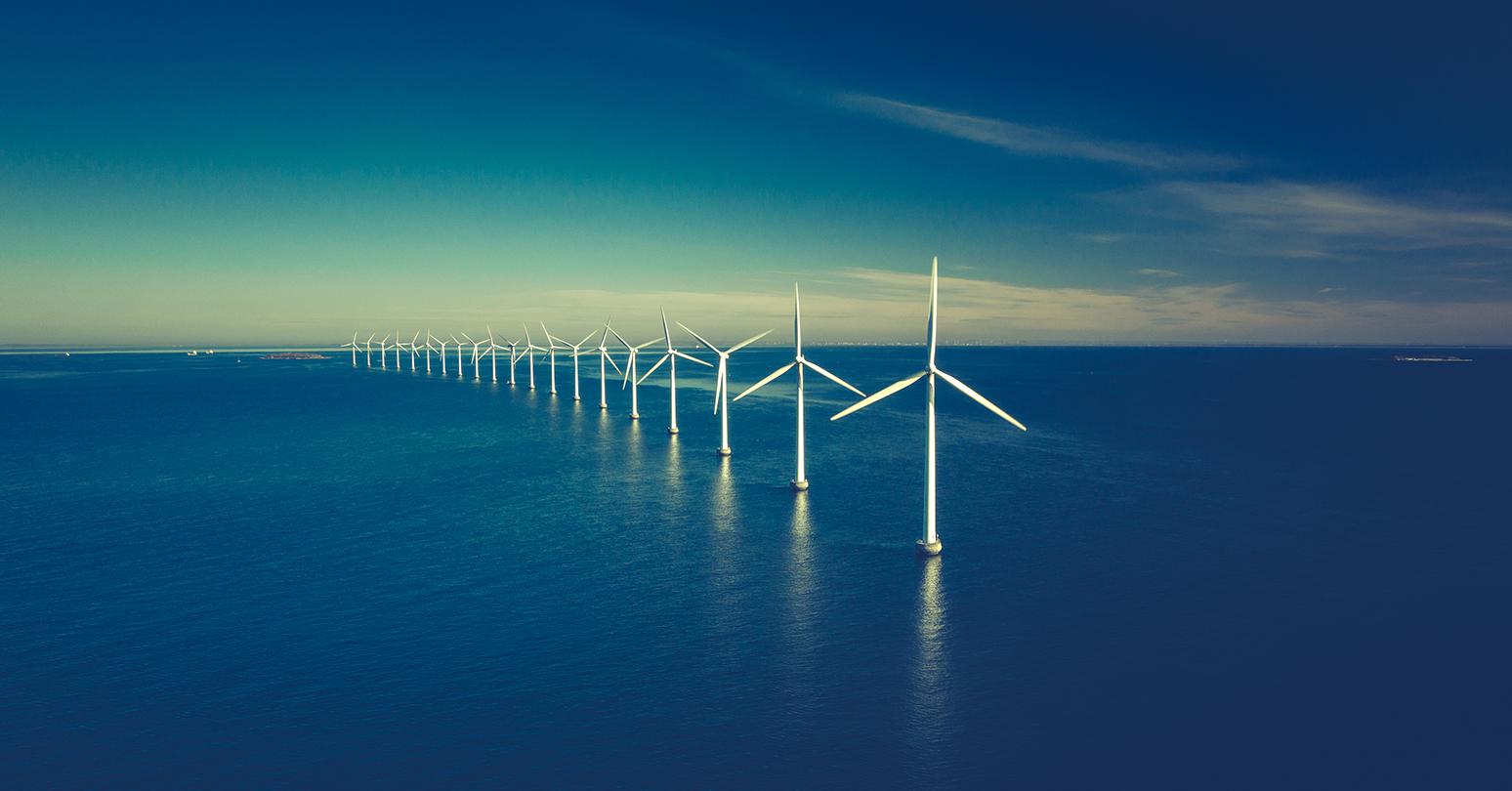As the COP26 Summit in Glasgow comes to a close, the world’s attention has been focused on climate targets and global responsibility for meeting these targets in the long term.
Forces driving this transition to a “net-zero” climate emissions economy seem to be building momentum. Through this transition, firms need to fundamentally consider how they position their future business model, operations and competitive positioning.
A recent Ivey Business School webinar hosted by Mazi Raz, MBA ’05, PhD ’14, Assistant Professor and Director of Learning Design & Strategy at The Ivey Academy, and joined by Sarah Chapman, Global Chief Sustainability Officer, Manulife, Laura Zizzo, Founder & CEO, Manifest Climate, and Robert Klassen, Director, Ivey’s Centre for Building Sustainable Value, tackled the strategic implications and opportunities of the net-zero agenda for business.
Klassen, an expert in sustainability and operations management, recently embarked on a research project aimed at understanding how managers can carve a path forward and provide leadership in an emerging net-zero economy. He sees much of the current the corporate discussion currently focusing on the risks around achieving net-zero.
“I would like to see much more attention directed toward exploring new opportunities in this area,” said Klassen. “It’s not just about risk, in fact, this is where new business models can emerge, and new growth opportunities can emerge, and new industry forms will emerge too.”
From Zizzo’s perspective, you can’t underscore the need for urgency for managers to act now. She sees the need for leaders to drive every discussion, and every decision with a climate lens.
“It’s asking about how you govern, what is your strategic approach,” explained Zizzo. “If we unlock the power of decision makers to understand what we are doing with this transformation, there is a huge opportunity not only to have a sustainable future, but one that thrives. We talk about the movement from sustainability discussions, to viability discussions. You aren’t going to survive unless you figure out a way to transform.”
While net-zero targets are seemingly framed towards 2050, there is a need to focus on actual emission reductions over the short term too. According to Chapman, her advice is to identify where your organization has the most material impact, but don’t try and tackle everything right away.
“Get a few wins under your belt, get some confidence with management that this isn’t such a scary place, and especially where you can demonstrate value add,” said Chapman. “Start there, start small, but start meaningfully. Once you have confidence and a better understanding as this whole space matures, don’t try to understand it all, or feel you need to tackle every aspect of it.”
As Ivey’s research around the net-zero topic grows and develops further webinars will scheduled in the future.



